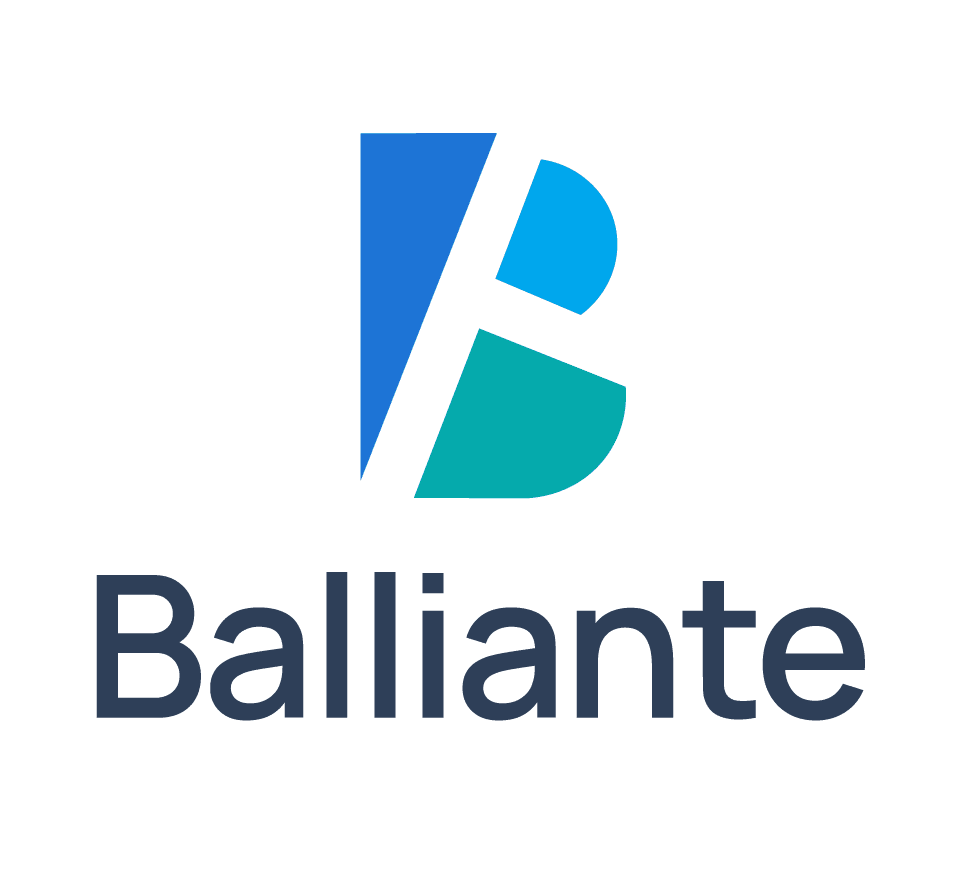An essential layer of security for online applications is an online Application Firewall (WAF), which keeps an eye on and filters HTTP and HTTPS traffic going back and forth between an application and the Internet. A WAF is made expressly to defend web applications against different threats by applying a set of rules to HTTP chats, in contrast to typical firewalls that concentrate on a network’s perimeter. Common attacks like cross-site scripting (XSS), SQL injection, and cookie poisoning are detected and prevented with the aid of these rules.
What Does a Web Application Firewall Do?
1. Traffic Monitoring
A WAF constantly monitors the traffic to and from your web application. By inspecting each request and response based on predefined security rules, it can detect and prevent malicious activities, ensuring your application remains secure.
2. Blocking Malicious Requests
Using techniques like signature-based detection, anomaly detection, and heuristic analysis, a WAF can identify and block malicious requests before they reach your web application. For instance, it can prevent SQL injection attacks by recognizing and blocking suspicious SQL queries embedded in HTTP requests.
3. Preventing Data Leakage
A WAF can stop sensitive data from leaking out of your web application. This is vital for protecting user information such as credit card numbers, social security numbers, and login credentials. It can block responses containing sensitive data based on established policies.
4. Defending Against DDoS Attacks
Advanced WAFs offer protection against Distributed Denial of Service (DDoS) attacks by filtering and blocking traffic from malicious IP addresses and detecting patterns that indicate a DDoS attack, helping maintain your web application’s availability and performance.
5. Ensuring Compliance
WAFs assist organizations in meeting regulatory compliance requirements, such as the Payment Card Industry Data Security Standard (PCI DSS). Implementing a WAF demonstrates that a business is taking necessary steps to protect sensitive data and secure its web applications.
6. Detailed Logging and Reporting
A WAF provides comprehensive logs and reports on web application traffic and security events. This information is crucial for security teams to analyze attack patterns, identify vulnerabilities, and enhance security measures over time.
Benefits of Having a Web Application Firewall
1. Improved Security
The main advantage of a WAF is the enhanced security it provides for your web applications. By blocking malicious traffic and filtering out potential threats, a WAF significantly reduces the risk of web application attacks, ensuring that your application remains safe for legitimate users.
2. Maintaining Reputation
A security breach can severely damage a company’s reputation. Customers and users lose trust in businesses that fail to protect their data. By preventing breaches and data leaks, a WAF helps maintain your brand’s integrity and reputation.
3. Ensuring Business Continuity
Web applications are critical to business operations, particularly for e-commerce, financial services, and other sectors dependent on online services. A WAF helps ensure business continuity by protecting web applications from attacks that could cause downtime or service disruption.
4. Cost Savings
Recovering from a security breach can be costly, involving fines, legal fees, and compensation to affected customers, as well as indirect costs like loss of business and damage to brand reputation. Investing in a WAF can save money by preventing breaches and reducing the need for expensive incident response and recovery efforts.
5. Enhanced Performance
Modern WAFs can improve web application performance by offloading certain security-related tasks from the web server, leading to faster response times and a better user experience. Additionally, features like content caching and load balancing further enhance performance.
6. Simplified Security Management
Managing security policies and monitoring traffic manually can be complex and time-consuming. A WAF simplifies this process by providing a centralized platform for managing security rules and monitoring application traffic, allowing security teams to focus on other critical tasks and ensuring consistent application of security policies.
7. Scalability
As businesses grow, so do their web applications and the volume of traffic they handle. A WAF can scale with the business, providing protection for increasing amounts of traffic without compromising security. This scalability is crucial for businesses experiencing seasonal spikes in traffic or rapid growth.
8. Flexibility and Customization
A WAF offers flexibility and customization to meet the specific needs of different web applications. Security policies can be tailored to address the unique threats faced by each application, ensuring optimized protection.
9. Support for DevOps and CI/CD
In modern software development, where DevOps and Continuous Integration/Continuous Deployment (CI/CD) practices are prevalent, a WAF can integrate seamlessly into the development pipeline. This ensures that security is embedded into the application development process from the start, reducing vulnerabilities and improving overall security.
10. Regulatory Compliance
Many industries are subject to stringent regulatory requirements regarding data protection and security. A WAF helps businesses comply with these regulations by providing the necessary security controls and audit logs. This is particularly important for industries such as finance, healthcare, and e-commerce, where compliance is critical.
Conclusion
For any business with an online presence, a Web Application Firewall is an essential security tool. By monitoring traffic, blocking malicious requests, preventing data leakage, and defending against DDoS attacks, a WAF ensures that web applications remain secure and available. The benefits of improved security, reputation maintenance, business continuity, cost savings, and enhanced performance make a strong case for investing in a WAF. Additionally, simplified security management, scalability, flexibility, support for DevOps, and regulatory compliance further highlight the importance of this security measure. As cyber threats continue to evolve, a WAF provides a robust and adaptable defense, safeguarding web applications and the sensitive data they handle. Contact Us to discuss securing your website or web application.

